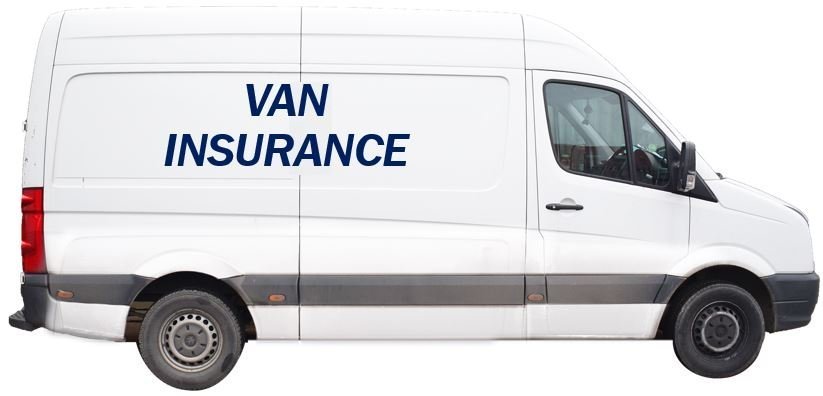Should You Back Your Vehicle Into Parking Spaces?

It’s no secret that many drivers have trouble reversing their vehicle. Many times, it’s either their own lack of mobility or the feeling that nothing bad will really happen while driving in reverse. Regardless of the reason, collisions do occur when backing, but that can easily change. One of the things to realize is, whether you back up into or out of a driveway or parking space, there is risk. You may not be able to eliminate all of the risk, but you can certainly reduce it. Vehicle Blind Spots Part of the issue of reversing is the fact your vehicle suffers from blind spots around each side of the vehicle, which makes it difficult to see vehicles, people and objects from the driver’s vantage point. The rear area on passenger vehicles has a blind spot area anywhere from 20 to 50 feet. Although that may sound unrealistic, it’s true. The higher the trunk lid, the more it hides from the view of the driver. The shorter the driver sits in the seat, the more it affects what





